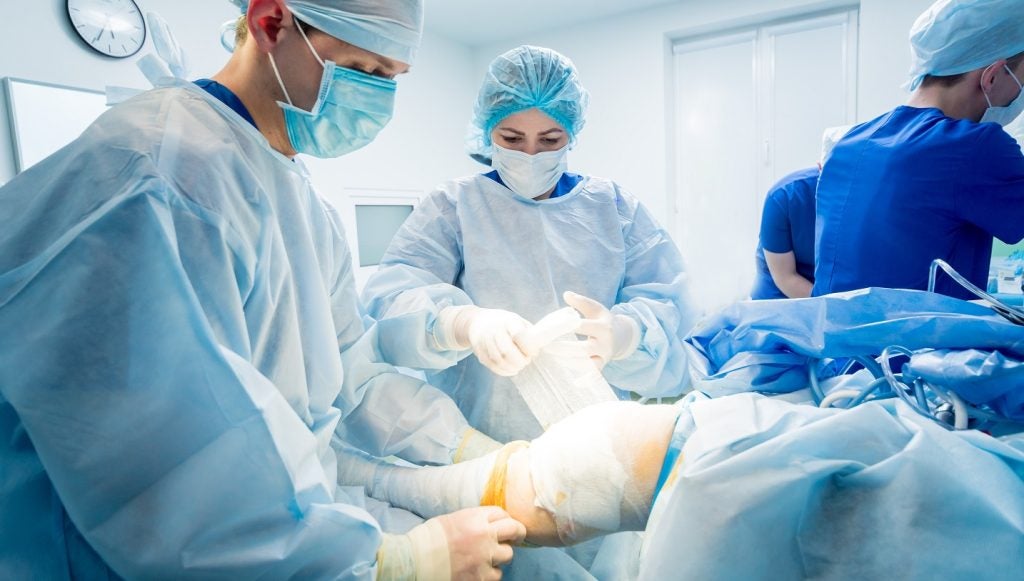The US Food and Drug Administration (FDA) has granted approval to Geneoscopy's ColoSense, a noninvasive multi-target stool RNA (mt-sRNA) test for colorectal cancer (CRC) screening in adults aged 45 and older.
The ColoSense test is designed to detect colorectal neoplasia-associated RNA markers and occult haemoglobin in human stool.
The test, which is to be used with the ColoSense Collection Kit, Test Kit and Software, as well as specific instruments, is performed at a single site at Geneoscopy.
ColoSense has been designated as a breakthrough device by the FDA and is said to be the first to utilise RNA biomarkers for a dynamic view of disease activity.
The CRC-PREVENT trial, which included participants from diverse backgrounds, showed that ColoSense had a 93% sensitivity for CRC detection and a 45% sensitivity for advanced adenomas (AA) detection in average-risk individuals.
Furthermore, the trial highlighted a 100% sensitivity rate for CRC in the age group of 45-49 years, which is significant for early-age onset CRC prevention.
Geneoscopy CEO and co-founder Andrew Barnell said: “Securing FDA approval for ColoSense marks a significant milestone for Geneoscopy and demonstrates that our patented RNA technology can provide millions of eligible adults with a safe and effective option for detecting CRC and advanced adenomas.
“This achievement is a testament to our deep dedication and commitment to bringing innovative technology to market that will improve outcomes for this deadly, yet preventable, disease.”
Geneoscopy is preparing for a commercial launch of ColoSense in collaboration with Labcorp, aiming for availability later this year or early 2025.
Last year, the company signed a multi-year agreement with Labcorp for the distribution of the mt-sRNA colorectal cancer screening test.














